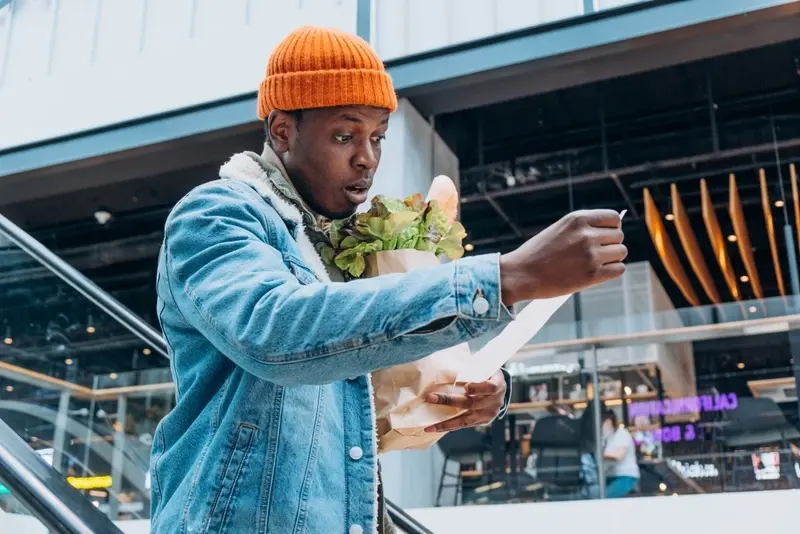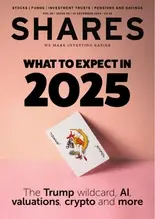
- Government considers 1970s-style price measures
- Analyst blasts political mismanagement
- Higher food prices risk higher interest rates
Shares in the UK’s two biggest supermarket groups were surprisingly resilient following weekend talks over the possibility of officially-mandated price caps on essential foodstuffs to stop what the government is concerned may be ‘profiteering’ by the retailers.
Shares in Tesco (TSCO) were up 0.8% to 266p while Sainsburys (SBRY) shares were flat at 275p, although Marks & Spencer (MKS) – which jumped 13% last Wednesday on better-than-expected results – drifted off 0.4% to 179p.
THREAT OF PRICE CONTROLS
Having held a ‘farm to fork’ food summit at Downing Street earlier this month, which by all accounts failed to tackle any of the key issues behind soaring food inflation, the government says it is now in talks with the supermarkets over introducing price caps on basic foodstuffs.
Health Secretary Steve Barclay said ministers wanted to address shoppers’ ‘very real concerns’ over food prices and the cost of living.
However, the BRC (British Retail Consortium) – which today released its assessment of UK shop prices – said the plan would not make ‘a jot of difference’ given prices were being driven by higher energy, labour and transport costs.
According to the BRC, food prices increased by 15.4% during May with fresh food prices rising by 17.2% - down from 17.8% in April – but ambient food prices rising by 13.1%, an acceleration from 12.9% last month.
The BRC also noted non-food prices accelerating with prices gaining 5.8% this month against 5.5% in April, suggesting inflation is becoming embedded across the economy.
At the same time, the latest inflation figures from the ONS (office for National Statistics) show goods inflation slowing to 10% in April from its 12% to 14% range of the previous six months but services inflation accelerating to nearly 7% from just over 6% six months ago.
SLEDGEHAMMER TO CRACK A NUT
Clive Black, head of research at Shore Capital, pulled no punches in his assessment of the government's proposal.
‘For the grocers, there is the frankly bizarre and depressing narrative about potential price controls, the impact of which can have all sorts of wider ramifications through the supply chain whilst not doing anything to help with supply-side cost pressures, much of which comes from government.
‘Forked-tongue, two-faced, whatever one calls it, the UK Government is just not doing it for business. The wider reputation of the UK as a place to invest is also not assisted by supply-side failure, poor administration and frankly, hair-brained policy ideas.’
Of even greater concern is the fact that, given the Prime Minister’s pledge to halve the inflation rate and the Chancellor’s admission he would ‘crash’ the economy if necessary, the peak in Bank of England interest rates is no longer likely to be between 4% and 4.5% but somewhere between 5% and 5.5%, which could have as big a negative impact on household confidence and spending as the rise in energy and fuel prices.




